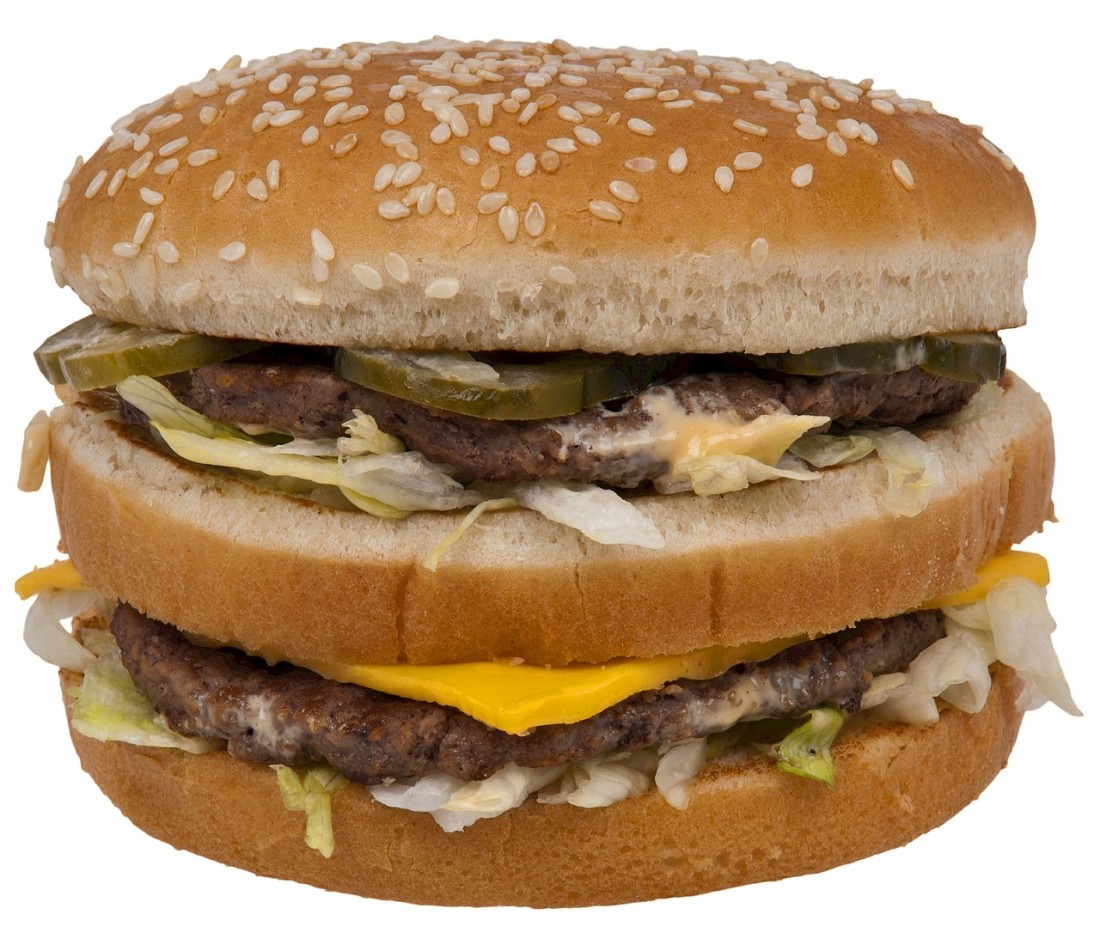Contact Us
Archives
Categories
- FTC
- AI
- Freedom of Speech
- Social Media Policies
- U.S. Supreme Court
- Social Media
- Copyright License
- Collegiate Athletics
- e-commerce
- Online Privacy
- Streaming
- Contract
- Name, Image, and Likeness
- Publicity Rights
- Trade Secrets
- Audit
- Trademark
- Closely Held Businesses
- Copyright
- Employment Law
- Independent Contractors
- Intellectual Property
- Work for Hire
The “Likelihood of Confusion” Test for Trademarks: What to Know When Creating Your Brand
The purpose of a trademark is to provide your business with a unique identifier on which to build your brand. Trademarks then help you to stand out in the marketplace. It’s only fitting, therefore, that one of the key elements of trademark infringement under the Lanham Act, also known as the Trademark Act, is the likelihood that consumers would be confused by a mark that is similar in some way to the potentially-infringed trademark. More >
McDonald's Learns a Trademark Truism: "Use It or Lose It"
A well-known truism of trademark law is that if the owner of a trademark is not making adequate ongoing use of that trademark, the owner of the mark is at risk of jeopardizing the continued right to enforce the trademark to prevent others from using the same or a similar mark in a related line of business.
 Apparently the McDonald’s restaurant chain just this week felt the pain of this rule, possibly losing the right to enforce the BIG MAC trademark anywhere throughout the European Union. More >
Apparently the McDonald’s restaurant chain just this week felt the pain of this rule, possibly losing the right to enforce the BIG MAC trademark anywhere throughout the European Union. More >
Court in Copyright Case: Don’t Embed That Tweet!
“When the Copyright Act was amended in 1976, the words “tweet,” “viral,” and “embed” invoked thoughts of a bird, a disease, and a reporter.” So begins the opinion of the United States District Court for the Southern District of New York in the case of Justin Goldman v. Breitbart News Network, et al, and it conveniently illustrates just how difficult it is to adapt copyright law to swiftly-changing technology. The Goldman case, decided on February 15, 2018, is a prime example of how courts are grappling with this divide. The court scrapped an approach long-held in other courts about how copyright applies to photos shared on the internet in favor of a new rule that arguably provides more protection to copyright holders. More >
Supreme Court Holds under First Amendment that Offensive, Disparaging Words Can Be Granted Trademark Protection
Lately there has been a growing tension between certain trademark applicants and a provision of the 1946 Lanham Act, which governs protection of trademarks. This clause gives the U.S. Patent and Trademark Office ( the “PTO”) the power to deny registration of any “immoral. . . scandalous” trademark, or one that may “disparage . . . or bring . . . into contempt or disrepute” any “persons, living or dead.” 15 U. S. C. §1052(a). For some time now, this issue has been in the spotlight with a lengthy legal dispute over whether the PTO must cancel the “Washington Redskins” trademarks registered to the National Football League team of that name, because the term “redskins” is disparaging of Native Americans. In the latest ruling, the PTO canceled the Redskins trademark registrations, and that ruling is currently on appeal. A recent decision by the Supreme Court, however, may change everything. More >
No More Audit Anxiety: Why an Intellectual Property Audit is Nothing to Fear
Your employment attorney has been advising you that you need to audit your independent contractors and overtime-exempt employees to comply with new rules, while your accountant has been working with you to help avoid audits by the IRS. The word “audit” might as well be spelled with four letters. We all know that “audit” is a loaded term, striking fear in the hearts of battle-scarred survivors of audits gone by. There’s one more audit that you probably haven’t heard much about, however, and this one is vital in the ceaseless march to build and protect your brand: The intellectual property audit. More >
Small businesses need help protecting intellectual property rights
Potential trademark infringement and other issues regarding intellectual property rights are part and parcel of developing and marketing new products in a competitive market. In protecting their own intellectual property, businesses need to be proactive on the front end and determined to protect their intellectual property rights when they are infringed. More >
Who Owns What When a Copyrighted Work is Created in the Workplace
Something employers, employees and contractors don’t often consider is the ownership and attribution of copyrighted property created for an employer on behalf of an employee. Copyright has value, so the ownership of it might sometimes come into dispute. Clear agreements as to the ownership and attribution of intellectual property provide insight – i.e., any works created by an author as a result of the course and scope of that author’s employment with a company are company property. What happens, however, when a clear agreement isn’t in place? Who owns the intellectual property then? More >

